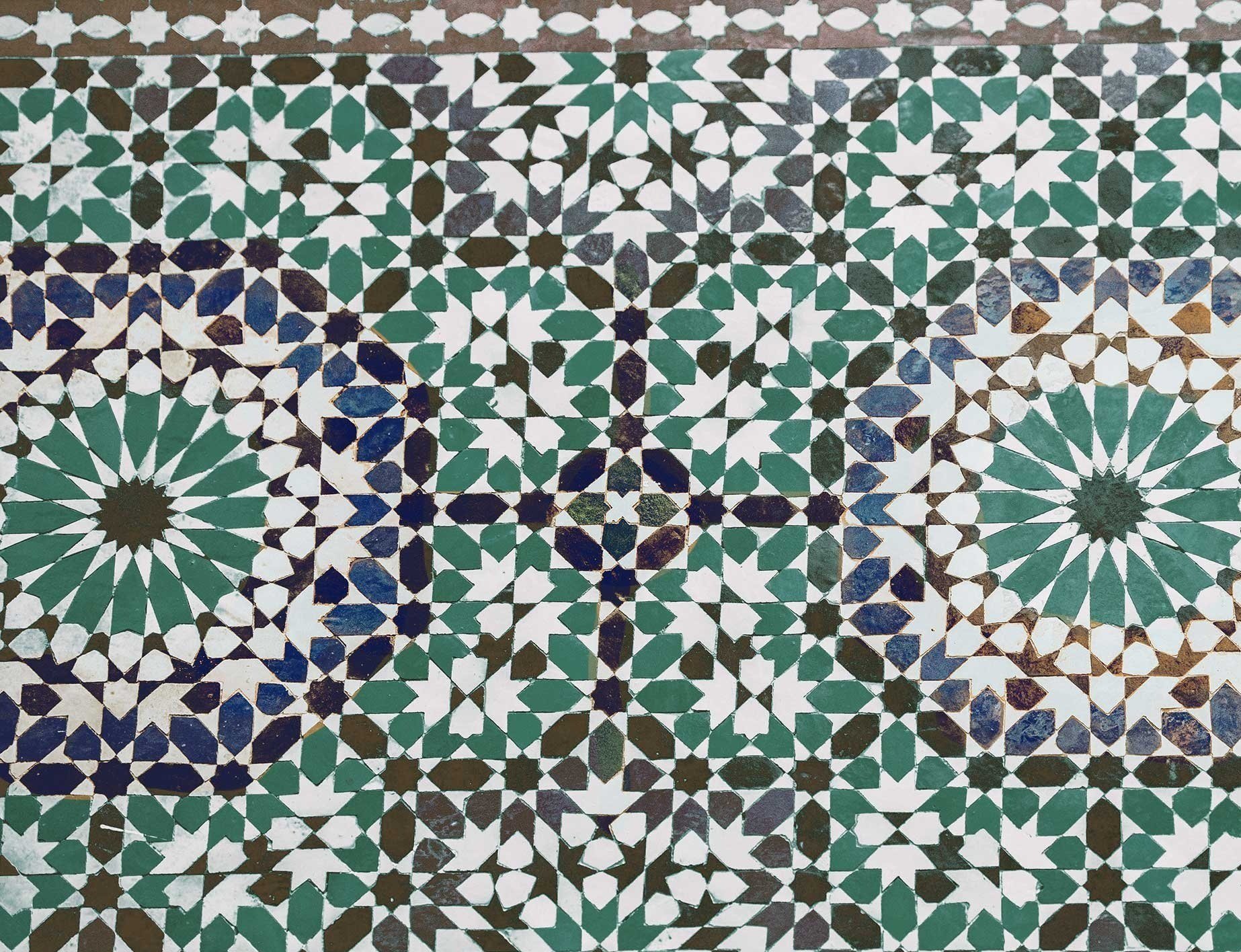Interfaith, Interethnic & Intercultural Relationships

The chances of meeting someone outside your own particular cultural, religious, and/or ethnic contexts have never been greater than they are now, in a world connected in so many different ways.
These experiences, of loving people who may be quite dissimilar to you, can make your life infinitely richer and more rewarding. These can also generate controversy and complexity that at times threatens to overwhelm you. You may feel torn in so many directions you wonder if there’s any way to feel whole. And as you try to make your own path through this, it can feel very, very lonely at times.
Some of the challenges that you may face in such situations include:
discovering and balancing diverging values within relationships
coping with family objections, judgment, and rejection
managing competing family and cultural demands and expectations
surviving experiences such as estrangement, ostracism, and marginalization
excavating your own racism, prejudice, and biases
wrestling with concerns about assimilation
addressing conflicting theologies
undertaking significant commitments, such as travel/relocation, language learning, demanding rituals, and/or conversion
figuring out how to sustain and develop your own identity
determining how to parent, and what values you want to transmit to any children
This is hardly an exhaustive list, and if you are in such a relationship, you can probably add very specific items to it. If you feel that you could really use some help making sense of all this, and you aren’t finding such help easily (or at all) among family and friends, you can benefit from consulting a qualified professional.
My background includes extensive education in religion and culture, but more importantly, I have deep, lived experience of interfaith, intercultural, and interethnic relationship.
I grew up in a white, European Canadian, Christian context and married an Indo-Canadian Muslim man—over intense family opposition—in the late 1990s. As a result, I have faced evolving and lifelong challenges which have pushed me to develop a range of tools, skills, perspectives, and coping mechanisms—and which ultimately steered me toward the degrees I’ve acquired and the work I do now as a psychotherapist. Not one bit of this is hypothetical for me; I understand what is at stake. I bring decades of experience and education to providing therapy for these issues. I can help you navigate your challenges with skill and sensitivity.
Some examples of the types of experiences I help individuals navigate:
an unapproved marriage
a relationship or pregnancy outside wedlock
sexual orientation or gender identity that is considered unacceptable by group members
religious or cultural choices that do not accord with prevailing attitudes
reproductive choices that are not supported
choices about conversion that others oppose
conflicting values within or beyond the relationship (e.g., sectarian differences)
anxiety and fear about making difficult choices
If you feel drawn to working with someone who can confidently face these questions in therapy, please contact me today for your free and confidential 20-minute video consultation.
Please note that I do not treat couples. My focus is on helping individuals do their own work.


“The world in which you were born is just one model of reality. Other cultures are not failed attempts at being you; they are unique manifestations of the human spirit.”
— WADE DAVIS




